Obesity is one of the most common health conditions throughout the world. Being overweight can lead to a host of chronic medical conditions that may shorten your life expectancy and cause serious issues as you age. As such, the medical community is always looking for ways to combat this growing health crisis. In recent years, the use of probiotics has emerged as a potential way to encourage weight loss and live a healthier lifestyle. Here is what you need to know about probiotics and how you can leverage this to shed that weight once and for all.
What Are Probiotics?
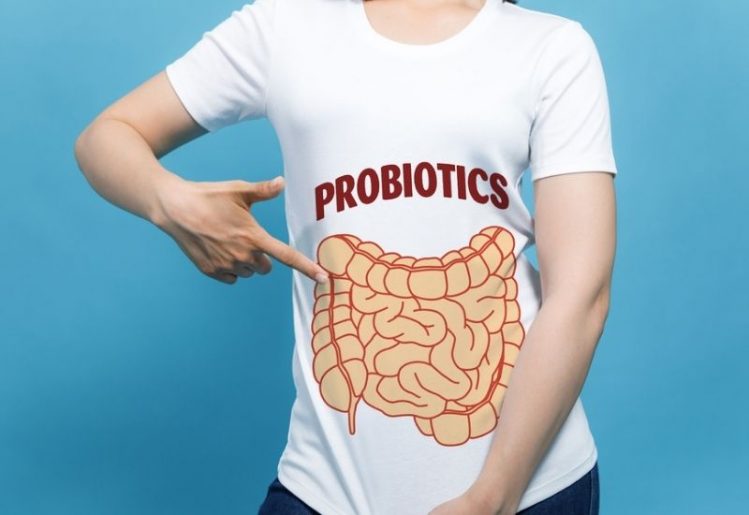 To understand how to use probiotics for weight loss, you need to learn more about these live microorganisms. Some foods boast naturally occurring probiotics while other products intentionally include this feature for health purposes. The most common way that most people get their probiotics is through the use of dedicated supplements. These supplements offer significant doses of live bacteria, most commonly in the form of Lactobacilli and Bifidobacteria. These live bacteria are primarily known for their ability to boost the presence of healthy gut bacteria.
To understand how to use probiotics for weight loss, you need to learn more about these live microorganisms. Some foods boast naturally occurring probiotics while other products intentionally include this feature for health purposes. The most common way that most people get their probiotics is through the use of dedicated supplements. These supplements offer significant doses of live bacteria, most commonly in the form of Lactobacilli and Bifidobacteria. These live bacteria are primarily known for their ability to boost the presence of healthy gut bacteria.
Benefits of Probiotics
Over the last few decades, scientists have zeroed in on how probiotics can be instrumental in boosting the function of the body’s immune system, lowering levels of harmful inflammation and aiding in the ability of the nervous system to work at optimal levels of productivity. In addition, some research has also demonstrated that the use of probiotics may be beneficial when treating certain skin and oral conditions.
Probiotics are also the star when it comes to improving your gut health. A balanced gut microbiome is essential to your overall health and wellness. The connection between gut and brain health has suggested that probiotics may prove useful in treating some types of anxiety and depression.
Leveraging Probiotics for Weight Loss
One of the most exciting emerging benefits of probiotics is how these supplements may be able to aid in weight loss efforts. Recent research has shown that the risk of obesity can be related to the gut microbial dysbiosis.
Because they are active microorganisms, probiotics are known for their ability to regulate and improve the gut’s microecosystem. This may lower levels of chronic inflammation and oxidative stress. As a result, probiotics may be instrumental in preventing and treating obesity through their ability to regulate and support the gut microbiota.
Additionally, the use of probiotics is believed to improve sensitivity to insulin. The live microorganisms may also positively influence your appetite and metabolism.
A 2019 study out of China looked at 12 randomized controlled trials to determine the effects of probiotics on obesity. The findings of the meta-analysis found that 10 of the studies demonstrated changes in body weight, 11 showed positive reductions in BMI, eight studies reported a change in the circumference of the waist measurements and nine studies showed reductions in fat mass with six demonstrating a change in fat percentage.
Protecting Against Weight Gain
An additional study demonstrated that the use of probiotics may also guard against future weight gain. A study of 20 men in 2015 gave the participants a multi-strain probiotic over the course of four weeks as they followed a high caloric and high fat diet. The men on the probiotic gained 3.12 pounds as compared to 5.06 pounds for the participants who took the placebo. All of the men were at a healthy weight when the trial started.
Because obesity is such a widespread health issue for nearly any developed nation, the results of this research could have potentially significant advantages in the battle against the bulge.
Incorporating Probiotics Into Your Diet
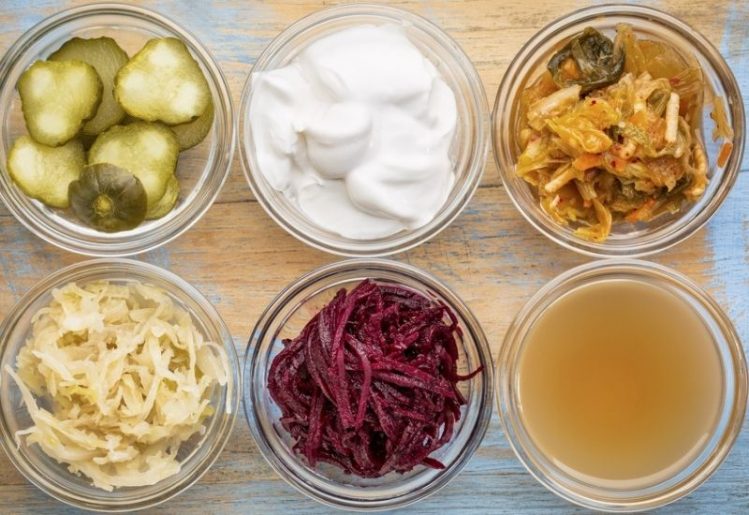 Up until the time when the use of supplements became mainstream, health-conscious individuals were forced to get their probiotics from food. The most common food that people turn to for probiotics is yogurt. However, it is important to note that not all yogurt contains live probiotics. Because of this, you need to be intentional about choosing yogurt that contains active or live cultures.
Up until the time when the use of supplements became mainstream, health-conscious individuals were forced to get their probiotics from food. The most common food that people turn to for probiotics is yogurt. However, it is important to note that not all yogurt contains live probiotics. Because of this, you need to be intentional about choosing yogurt that contains active or live cultures.
Other good sources of probiotics include sauerkraut, kimchi, tempeh, kefir, pickles and some types of cheese. Clearly, not everyone enjoys a steady diet of these types of foods. If this is the case, you can turn to a high-quality supplement that provides both probiotics and prebiotics to ensure that you are getting adequate amounts of probiotics into your daily diet. For some individuals, this is a much easier way to ensure adequate amounts of probiotics to promote weight loss.
Regardless of whether you are looking to lose weight or improve your gut microbiome, it is likely worth your time and monetary investment to explore how probiotics can boost your overall health and meet all of your wellness goals.
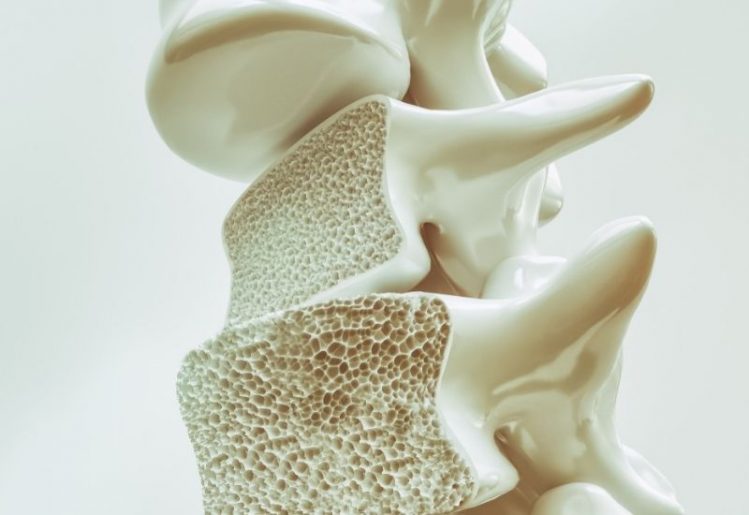 The body is adept at breaking down old bone tissue and replacing it with new tissue. When you are young, your body is able to complete this process more quickly, leading to an excess of bone mass. Most individuals enjoy peak bone mass starting in the mid-20s and continuing through the mid-30s.
The body is adept at breaking down old bone tissue and replacing it with new tissue. When you are young, your body is able to complete this process more quickly, leading to an excess of bone mass. Most individuals enjoy peak bone mass starting in the mid-20s and continuing through the mid-30s. Greens lovers will appreciate knowing that you do not have to focus on dairy to encourage great bone health. Spinach and collard greens are also rich in calcium.
Greens lovers will appreciate knowing that you do not have to focus on dairy to encourage great bone health. Spinach and collard greens are also rich in calcium. The most convincing reason to make exercise a part of your lifestyle is because it has been proven to prolong your life.
The most convincing reason to make exercise a part of your lifestyle is because it has been proven to prolong your life.  Many people erroneously believe that exercise will make you hungrier. However, numerous studies have demonstrated that aerobic exercise actually decreases your overall appetite. This happens as a result of the effect of exercise on the hormones that control your hunger levels.
Many people erroneously believe that exercise will make you hungrier. However, numerous studies have demonstrated that aerobic exercise actually decreases your overall appetite. This happens as a result of the effect of exercise on the hormones that control your hunger levels. NAD takes two forms, depending on what point in the energy production cycle it is. These two forms are NAD+ and NADH. NAD levels decrease with age, contributing to the mitochondrial inefficiency and deterioration
NAD takes two forms, depending on what point in the energy production cycle it is. These two forms are NAD+ and NADH. NAD levels decrease with age, contributing to the mitochondrial inefficiency and deterioration 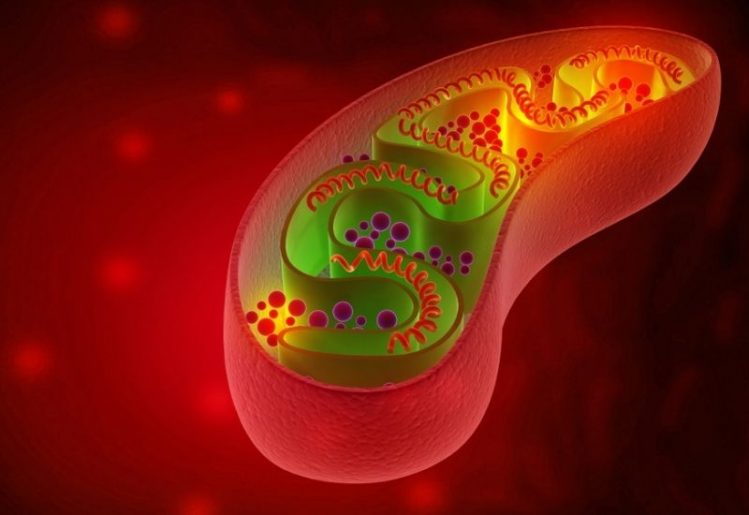 In animal studies and test tube studies done with
In animal studies and test tube studies done with  Skeletal health is a critical part of being able to be active and healthy well into old age. While most everyone is familiar with the rock star nutrient for healthy bones – calcium – not everyone realizes that there are
Skeletal health is a critical part of being able to be active and healthy well into old age. While most everyone is familiar with the rock star nutrient for healthy bones – calcium – not everyone realizes that there are  While a healthy diet should always be the primary goal when it comes to healthy bones, the facts are that certain nutrients are more difficult to obtain healthy levels of via diet alone. This can be especially true for those approaching the senior years and women moving toward and through menopause.
While a healthy diet should always be the primary goal when it comes to healthy bones, the facts are that certain nutrients are more difficult to obtain healthy levels of via diet alone. This can be especially true for those approaching the senior years and women moving toward and through menopause.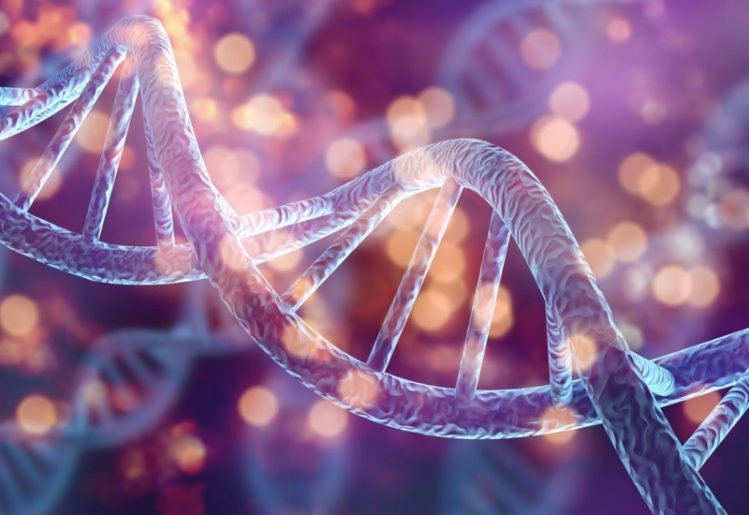 There are many ways vitamin B12 benefits everyone, regardless of age and gender. We know that vitamin B12 helps the body form new red blood cells and improves the metabolism of cells throughout the body. It also benefits nerve function and helps the body create new DNA. Vitamin B12 also promotes a healthy heart and helps to maintain blood pressure within normal ranges
There are many ways vitamin B12 benefits everyone, regardless of age and gender. We know that vitamin B12 helps the body form new red blood cells and improves the metabolism of cells throughout the body. It also benefits nerve function and helps the body create new DNA. Vitamin B12 also promotes a healthy heart and helps to maintain blood pressure within normal ranges  While organ meat from any animal is packed with a broad range of nutrients, the liver and kidneys of a lamb are particularly rich in vitamin B12, containing 3,571 percent of the daily recommended value, making it ideal for pregnant women. Lamb organ meat is also rich in vitamin A, vitamin B2, selenium and copper.
While organ meat from any animal is packed with a broad range of nutrients, the liver and kidneys of a lamb are particularly rich in vitamin B12, containing 3,571 percent of the daily recommended value, making it ideal for pregnant women. Lamb organ meat is also rich in vitamin A, vitamin B2, selenium and copper.